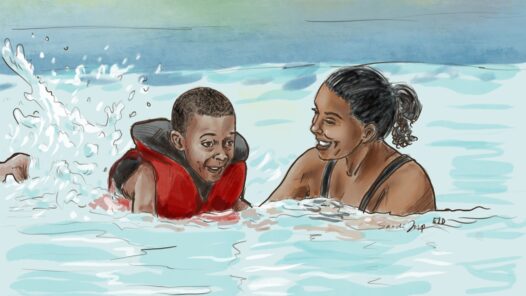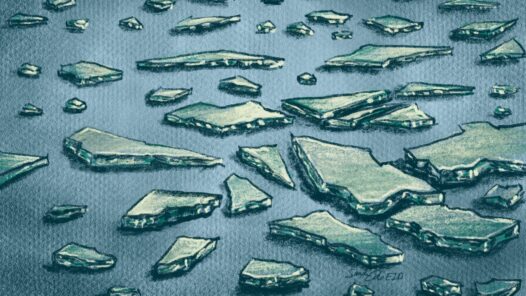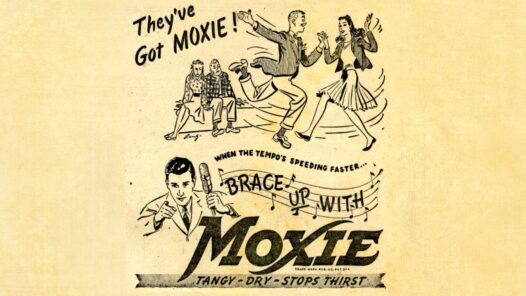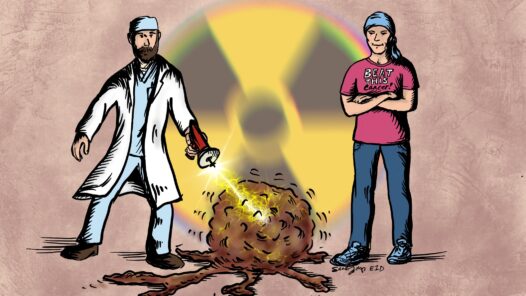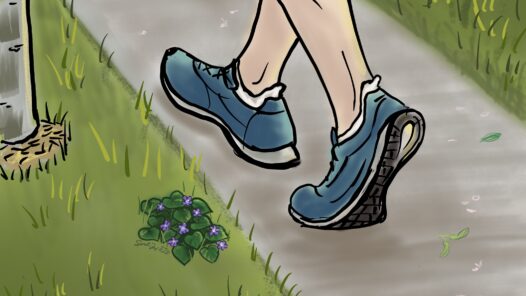My only son graduates from high school tomorrow. I’m excited for him, but it’s also bittersweet as I know I’m that much closer to an empty nest. If you meet him and ask me if I “only have the one,” I’ll smile and say yes. Inside I’ll feel a sting as I think of the sibling that would have been three...
Traumatic or complicated grief is grief and mourning over a death that came about in traumatic circumstances (e.g. sudden, suicide, murder). COVID-19 brought a new dimension of related to illness because loved ones often died suddenly and alone. This can leave family members with regret and...
Is there a difference between grief and mourning? Will I ever get over the death of a loved one? In this podcast we talk about grief (the process of experiencing a loss) and mourning (the coping efforts related to the loss). We also talk about how to help yourself through the process of mourning.
Drowning is the leading cause of death among children ages 1 to 4 and a leading cause of accidental death. Learn how to reduce your and your family's risk.
Are you picking up pieces of shattered glass - possibly some splinters - after losing a father? Paternal relationships can be difficult; listen to stories of solidarity.
When a 42-year old finds out she has advanced metastatic cancer she embarks on a personal journey of discovery. What can this series teach us? Listen to learn.
Radiation therapy is the use of ionizing radiation to destroy cancer cells. Learn how it works, the types of treatment, and side effects you may experience.
When people around you are facing difficult times, you many not know what to say. Learn conversational tools to help them more effectively.
Marianne joins Omobola Stevens to explore grief, death cleaning, and how to intentionally cultivate healthy lifestyle so we can live healthy and longer years.
Marianne was a guest on Create with Franz, where they explored the delicate topic of how to talk to children about death. Dr. Matzo delved into the importance of honest and age-appropriate communication, dispelling common misconceptions and the potential harm of euphemisms.





